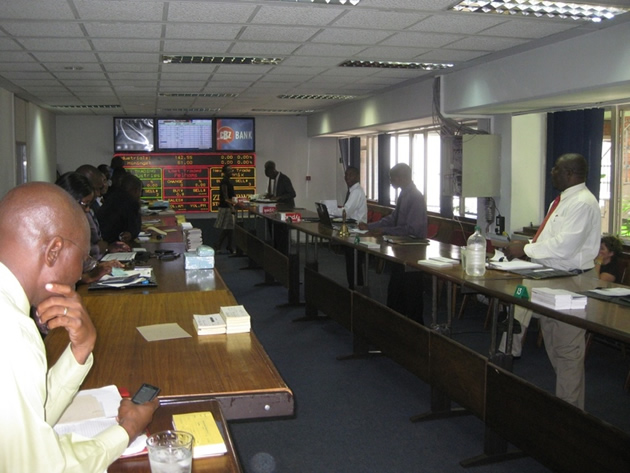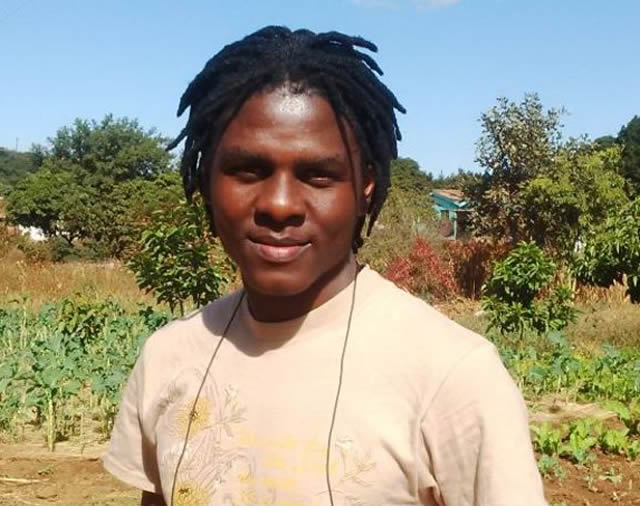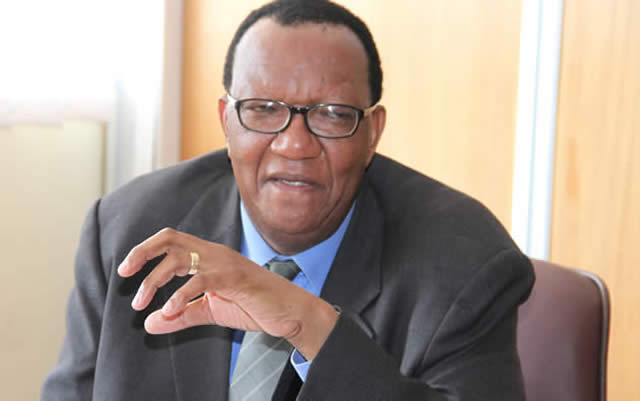The phoenix must rise again

Victoria Ruzvidzo : Business Focus
The performance of the stock market is reflective of the state of the economy in any country. It is therefore, worrisome to note that yesterday only one counter traded, leaving the Zimbabwe Stock Exchange at its lowest level in seven years. Not that we expected any better given the way the bourse has been trending of late but the new lows should be of concern.That volumes dreaded yesterday took a 93,3 percent dip with values traded dropping by 99,6 percent on prior trading is certainly an unhealthy state of affairs. These statistics are scary and should nudge stakeholders in the economy into action, applying their minds and resources towards resuscitating the economy.
ZSE – the pulse of the economy, is now very faint and requiring urgent resuscitation. The bourse has been stuttering for too long and we would not want to see it collapse. A decade ago the bourse was the best emerging market but it has succumbed to the challenging economic environment. Trading on the ZSE is dominated by foreign trades hence the need to put in place policies that will lure investors back to the ZSE as a safe haven instead of a loss-making venture.
Projects such as the introduction of a secondary market have been suspended because of the difficulties the market is experiencing. Zimbabwean have also not been active on the bourse because of lack of resources as many have lost their jobs and now view the ZSE – usually a long term investment avenue – as more of a porous instrument through which funds are lost with a negative Return On Investment.
An article carried in The Herald Business yesterday showed that at least $1 billion has been lot in the past year due to the lethargy by foreign investors. Shares on the stock market have already lost a cumulative 13 percent value since the beginning of the year. The negative investor sentiment is not healthy at all for an economy that desperately needs to find its feet.
It is predicted that the low trades will characterise the remainder of the year as the macro-economic environment remains constrictive. Companies have been struggling resulting in closures and lay offs of thousands of employees. Firms have also been reporting low turnover and profit. All these negative developments point to the need for stakeholders to strategise and actively pursue policies and principles that will inject life into the economy.
Conversely, Sub-Saharan Africa is expected to remain robust in attracting investment, creating hope that Zimbabwe may partake in the cake to improve economic performance.
Immense potential to reverse this negative trend exists but can only be realised if all energy is applied towards the economic transformation process. For instance, the ZSE is replete with high quality counters which have previously attracted investors but the shine has been compromised by the overall macro-economic picture that has held investors in abeyance. But can the economy afford this?
While the performance of the bourse may be Greek to many, it is suffice to understand that its performance is an indicator of the health or lack of it of the economy. Something needs to be done to redress the state of affairs.
The money market has also failed to provide an alternative given sub economic rates. Zimbabwe’s economy is still redeemable but not much will be achieved by mere lip service. There is so much talk and little action to get the economy going. Piecemeal interventions will not yield much. A more holistic and fresh approach is required to revive the economy.
As Government, business and labour we should begin to tell each other the truth and work collectively to restore confidence in the economy. Zimbabwe should access the benefits of the high volumes of investment coming to the region.
Disharmony, policy inconsistency, corruption, failure to implement agreed policies and other such vices should be eradicated faster than they came to ensure a return to a growth trajectory for Zimbabwe’s economy.
Over the next few week we will continue to publish view by readers on strategies to improve economic performance.
Below is a submission by Quinton Genius Munyoro of the Two Lions Africa Group who says:
Hi, I am an avid reader of your business articles. I am touched by your passionate desire to see the turnaround of fortunes our blessed country – Zimbabwe. I am an emerging entrepreneur who is also passionate about agriculture. Agriculture is indeed the backbone of the economy and will turnaround the fortunes of our country.
I, however, would like to share with you another dimension which the AfDB president, Mr Adesina is reiterating over and over again but in context to Zimbabwe. Agriculture is a business – a commercial enterprise which can be ventured to create food security, jobs and employment, value addition, business contracts/units, downstream activities and foreign currency earnings. The world is now a global village and as such there is need for alignment of traditional agriculture practices/systems to contemporary advanced agricultural engineering and mechanisation.
We as a nation should follow suit with the rest of other developing countries in Africa. Africa accounts for at least 60 percent of arable land and has sufficient water resources that can be utilised to irrigate the crops and plants.
The world at large is currently grappling under a severe global climate change and effects which has adversely affected the realibility of climate and weather patterns. It has shifted the rainfall seasons, affected crop production and negatively reduced the quality of yields. As we can see Zimbabwe and other SADC countries have been hit by drought and famine. This has affected an estimated 30 million people and these numbers will increase as we enter into the pending 2016 /17 agricultural season to over 50 million people in the region. This brings me to the crux of the dynamic approach to Zimbabwe’s agricultural sector that can turnaround the economy. Zimbabwe needs a sophisticated engineering and critical water management faceted strategy in its agricultural system.
This entails the identification of land that is not being utilised effectively – semi-arid land that is in dry and hot areas of region 4, 5 and 6 that will be turned into large-scale commercial farming land. That land will be irrigated using high-powered energy sources like hydroelectric, nuclear, solar and wind. Energy is a high cost factor in the irrigation of land and that takes account of the topological landscape and size of the land. These vast tracts of land will have been reclaimed using desert agricultural techniques which have been undertaken in Israel and China.
The land is then re-engineered into big and massive plantations to grow crops like sugar cane, wheat, rice, maize, coffee and many other grains and fruits. These plantations have been carried out successfully in Asian giants (Japan and China), newly industrialised countries and the Lower Mekong basin countries (Asia). We have the water resources like the Limpopo, Mazowe, Munyati and Zambezi rivers which we can tap into for the irrigation of these plantations.
The irrigation techniques to be undertaken should be drip irrigation as it does not affect the underground aquifers and water tables. It is an efficient system that does not disturb the hydrological water flows of these river basins. Drip irrigation is sustainable and this reduces our dependence on rain fed agriculture.
The water is stored into water tanks that are connected to an efficient conveyancing and piping system. It is with such strategies of agricultural engineering that we will become a breadbasket nation. Zimbabwe has the resources to undertake such initiatives that will turnaround the economy. A dynamic approach like this has the quantum to create millions of jobs and employment, exports to regional and international markets, foreign currency earnings, domestic taxes, infrastructure development and food security for the nation as whole.
God bless you and keep the fantastic work you are doing.
In God I trust!
Email: [email protected]. WhatsApp : 0772 129 972







Comments